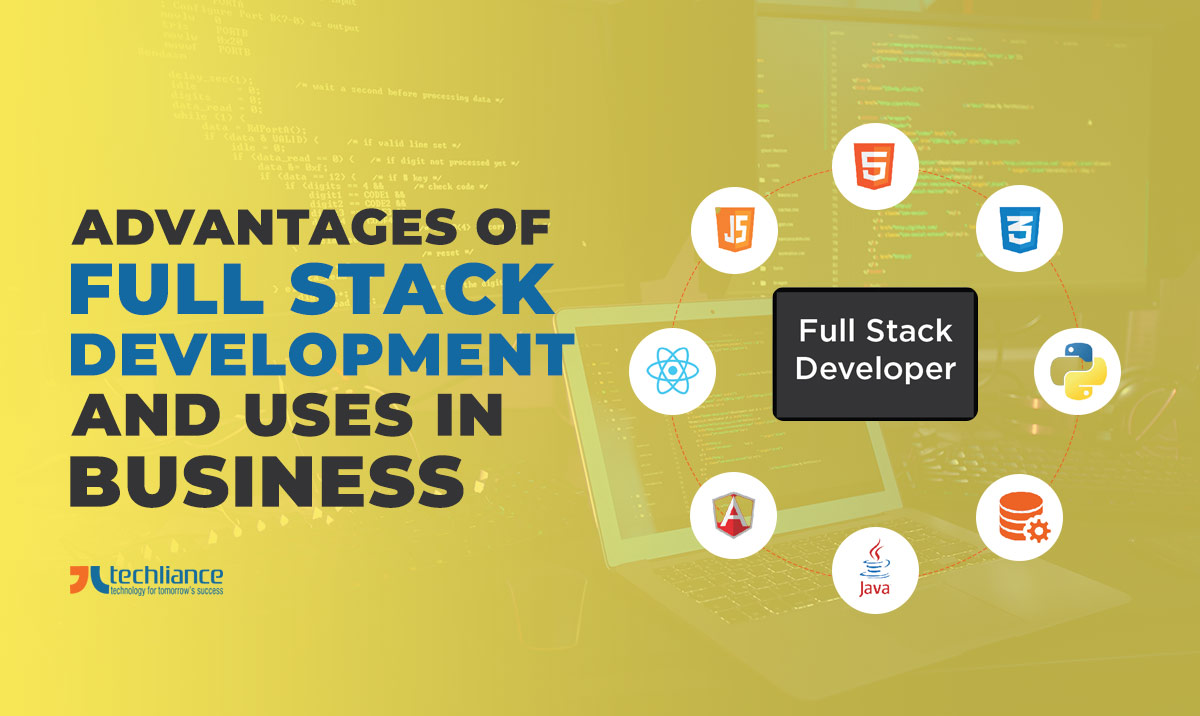CGKY News Hub
Your go-to source for the latest insights and trends.
Why Full-Stack Developers Are the Unicorns of Tech
Discover why full-stack developers are the rare gems of the tech world and how they can transform your projects into success stories!
The Versatile Skill Set: What Makes Full-Stack Developers So Unique?
Full-stack developers are uniquely positioned in the tech landscape due to their comprehensive skill set that spans both the front-end and back-end of web applications. This versatility allows them to work on various components of a project, from crafting compelling user interfaces using languages like HTML and CSS to managing databases and server-side logic with technologies like Node.js and MySQL. Their holistic understanding of the development process enables them to troubleshoot and optimize applications more efficiently than specialists who only focus on one side of the stack.
Moreover, the demand for full-stack developers continues to rise as businesses seek professionals capable of bridging the gap between technical requirements and user experience. With their ability to integrate various technologies cohesively, these developers can streamline workflows and enhance collaboration among teams. According to a report by the Bureau of Labor Statistics, employment for developers is projected to grow significantly, thereby highlighting the increasing value of this versatile skill set in today's job market.

Breaking Down the Unicorn Myth: Full-Stack Developers in the Modern Tech Landscape
The term unicorn developer is often tossed around in the tech industry, referring to an elusive individual who possesses an extensive range of skills across the development spectrum. However, the reality is that full-stack developers, while highly versatile, do not need to master every technology or tool to be effective. In fact, full-stack development is more about understanding the principles of web architecture and being able to switch between different technology stacks when necessary. This misconception can lead businesses to set unrealistic expectations, potentially overlooking talented developers who can significantly contribute to their projects without fitting the traditional 'unicorn' mold.
Modern organizations need to embrace the concept of collaboration over the search for a mythical all-in-one developer. As technology evolves, the landscape of development is shifting from the solitary developer model to a more team-oriented approach. In fact, according to a survey by Stack Overflow, about 73% of developers work in teams where each member brings specialized skills to the table. This emphasizes the importance of building teams with diverse skill sets rather than relying on a single full-stack developer to do it all. By breaking the unicorn myth, businesses can foster a more dynamic and adaptable development environment, leading to higher quality products and a more satisfying workplace.
Why Every Tech Team Needs a Full-Stack Developer: Insights and Benefits
A full-stack developer possesses a unique skill set that spans both front-end and back-end development, making them an invaluable asset to any tech team. These versatile professionals can seamlessly navigate between user interface design and server-side logic, ensuring that applications run smoothly and efficiently. By bridging the gap between different layers of technology, full-stack developers can help teams reduce communication barriers and streamline workflows, ultimately leading to shorter project timelines and lower costs.
In addition to their technical prowess, full-stack developers bring significant benefits in terms of problem-solving and innovation. Because they have a holistic understanding of the entire development process, they are well-equipped to address challenges that may arise during a project. Their ability to think critically allows them to come up with creative solutions and adapt to changing project requirements. This adaptability is especially important in today's fast-paced tech landscape, where business needs can evolve rapidly.